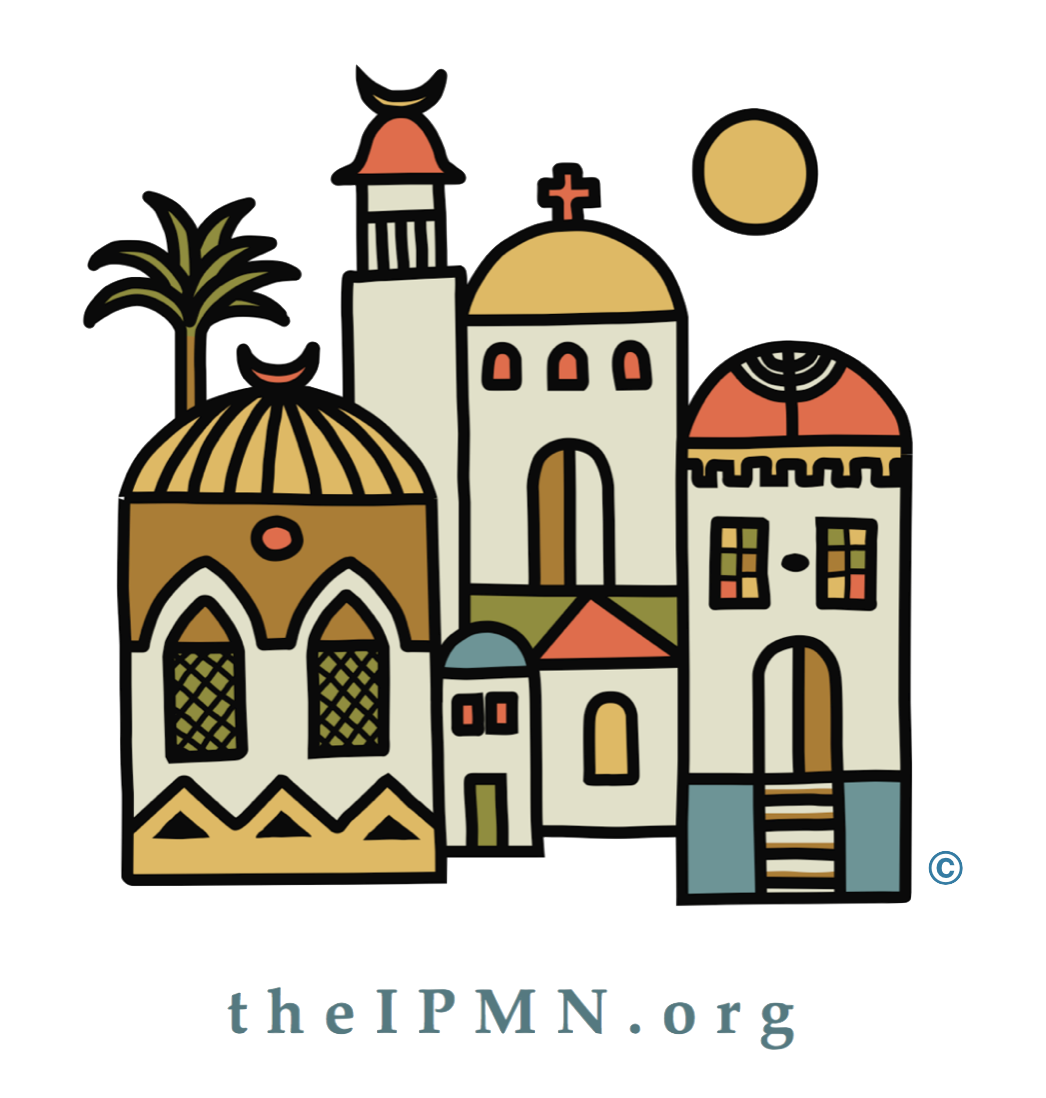IPMN grant application is closed for the 2023/2024 cycle. To stay up to date on our grants and other parts of IPMN’s work, please join us!
Apply for an IPMN Grant
The Israel Palestine Mission Network (IPMN) makes biennial grants to organizations/agencies that address human needs or economic development in Palestine, or provide education towards an understanding of Middle East history and present conflicts and challenges.
Grants Criteria
All recipients of future IPMN grants must provide adequate vetting information to assure both IPMN and the Presbyterian Church (U.S.A.) that all church and U.S. governmental fiduciary responsibilities are being met. No grant applications will be accepted without this information at the time of submitting the application.
The applying organization must be a partner organization of the Presbyterian Church (U.S.A.) or be willing to contact designated Palestinian partners for the purpose of vetting prior to submitting the application. Please contact IPMN if you need more details or the name of who to contact
If the applying organization is its own US non-profit 501(c)(3) organization OR has a partner relationship with a US non-profit 501(c)(3) organization, a copy of the non-profit W-9 TIN paper must be included with the application. Whenever possible, all grants will be sent to the US non-profit with the grantee responsible for any fees associated with the processing of the grant check by the non-profit.
The Project must have a clearly defined purpose, and it must be in accordance with the mission goals and policies of IPMN.
The Project must address the needs in one of five (5) areas:
Human need,
Economic development,
Education, including helping people to understand the nature of the Middle East and the conflicts therein,
Build interfaith and intercultural relationships among Christians, Muslims, and/or Jews, or
Support and advocate for Palestinian human rights and the requirements of international humanitarian and human rights law codified in UN actions
The Project must provide a form of aid that relates directly to the people being served.
The Project must show how it will be evaluated, both internally and externally. Each project will provide evaluation information to IPMN, and where possible, IPMN personnel will make an on-site visit to the project.
Only one grant may be given to any one project, although new projects do not have to be completed in a single year. An organization may apply for grants for different projects it sponsors. A new grant will not be awarded before an evaluation for a previous grant is received.
The Project may not be used for payment of current debt, or creating or maintaining revolving loan funds, nor to fund a permanent endowment. Neither can the funds requested be used as a part of the general operating budget. The amount of the request must be between $1,000 and $5,000 (USD).
The Application must:
Provide a brief description of the sponsoring organization/church/NGO, its goals and how the project relates to those goals.
Describe how the project will improve the lives of people to be served – now and in the future.
Indicate how the project will work with and enhance the quality of life of women, children, youth, young adults, persons of diverse races/ethnicities, and/or persons with disabilities.
List all other sources of money being requested, already awarded or available from other sources for this project.
Include a budget for the project.
Describe how the program will continue after the grant (if received) is spent.
Include a letter of recommendation from a local church or NGO for this project. How is this project related to the church or NGO? The letter of recommendation must include the relationship to the Presbyterian Church (U.S.A.). If this is not possible, the applicant must agree to work with a Palestinian partner, designated by IPMN, to vet the project and the organization; the designated partner will provide a vetting document to IPMN.
Be signed by the writer of the proposal and another person responsible for this project on the ground, such as the board chairperson.

